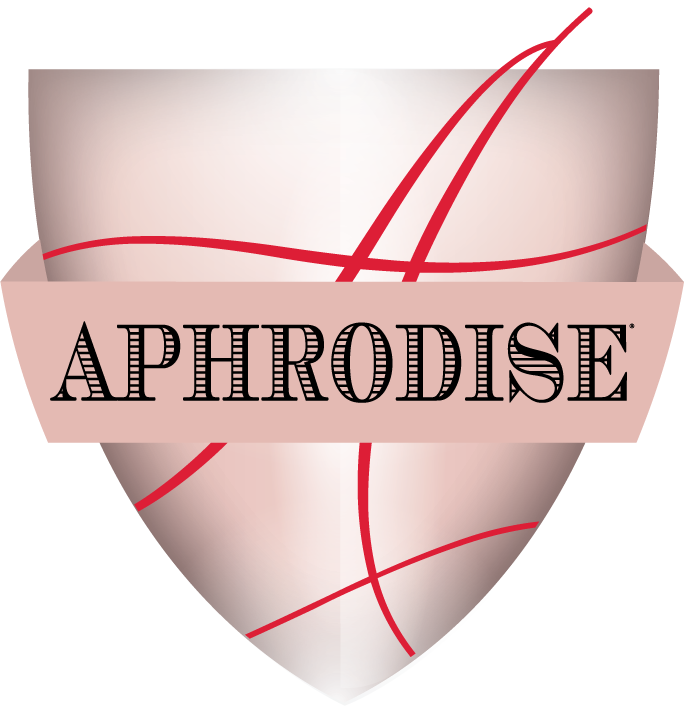Enjoy 10% Off Your First Order
Enter your email to receive your code, and be the first to know about all things Aphrodise.


The celebratory drink is often raised on special occasions, but many may prefer some lighter, fruitier alternatives.
Enter sparkling rosé, a refreshment that offers unique qualities that appeal to those who typically dislike champagne.
Champagne has a high acidity; that’s how that dry experience is achieved when you sip it. However, for those who dislike this dryness, it can be off putting, and spoil their enjoyment of the drink. However, rosé tends to be much lower in acidity, leading to a much fresher, softer taste, with fruitier flavors that make it a far more refreshing drink for many.
Brut champagne is its most common guise, which makes it dry and lacking in sweet flavors. Sparkling rosé, on the other hand, is generally available on a spectrum of sweetness, from brut to demi-sec (which means half dry). This makes sparkling rosé a wine that is better at catering to different palates.
Characteristically, champagne tends to have bready, yeasty notes, and while some love these toasty overtones, others may find it a touch too strong. In sparkling rosé, you’ll find berry and floral aromatics that can make this drink a little more inviting and easily drinkable.

The golden color of champagne, whilst iconic, can be commonly associated with formal and serious events. The pink hue of sparkling rosé has a little more of a fun and flirty appeal synonymous with fun and celebration; there’s a connotation there that we may not even be aware is influencing our drink choices.
Pairing food with champagne isn’t impossible; in fact, it goes well with the likes of pasta, seafood, and mushroom dishes. However, it’s not commonly associated with dining; it’s more of a toasting drink, which is why many turn to sparkling rosé if they’re looking to enjoy a drink with dinner. The versatility of sparkling rosé in food pairings, especially with lighter, fruitier, and spicy dishes, making it feel more accessible to be enjoyed with lunch and dinner, regardless of the occasion.

Again, the association of champagne with formal events can make it seem inaccessible and only for special occasions. Rosé’s appeal is a little more casual; the fizz makes it a treat, but the everyday nature of rosé wine can make it the drink of choice for fun, everyday gatherings, or simply to be enjoyed after a long day at work.
There’s no escaping the luxury and somewhat niche market that champagne occupies; as approachable as retailers make it, it’s still largely available only to those who have big budgets. It can be argued that rosé has a much broader appeal, meaning that those who don’t have a champagne budget can enjoy delicious bubbly. This could also be a large factor in its popularity amongst younger people too.
The beauty of wine is that everyone has their own preference, and for many, that has them reaching for the champagne. However, sparkling rosé is a credible competitor, striking the balance between celebratory, and accessible for the everyday relaxation that wine can accompany.

Each cuvée is a celebration of youth, conviviality, and the height of carefree luxury.